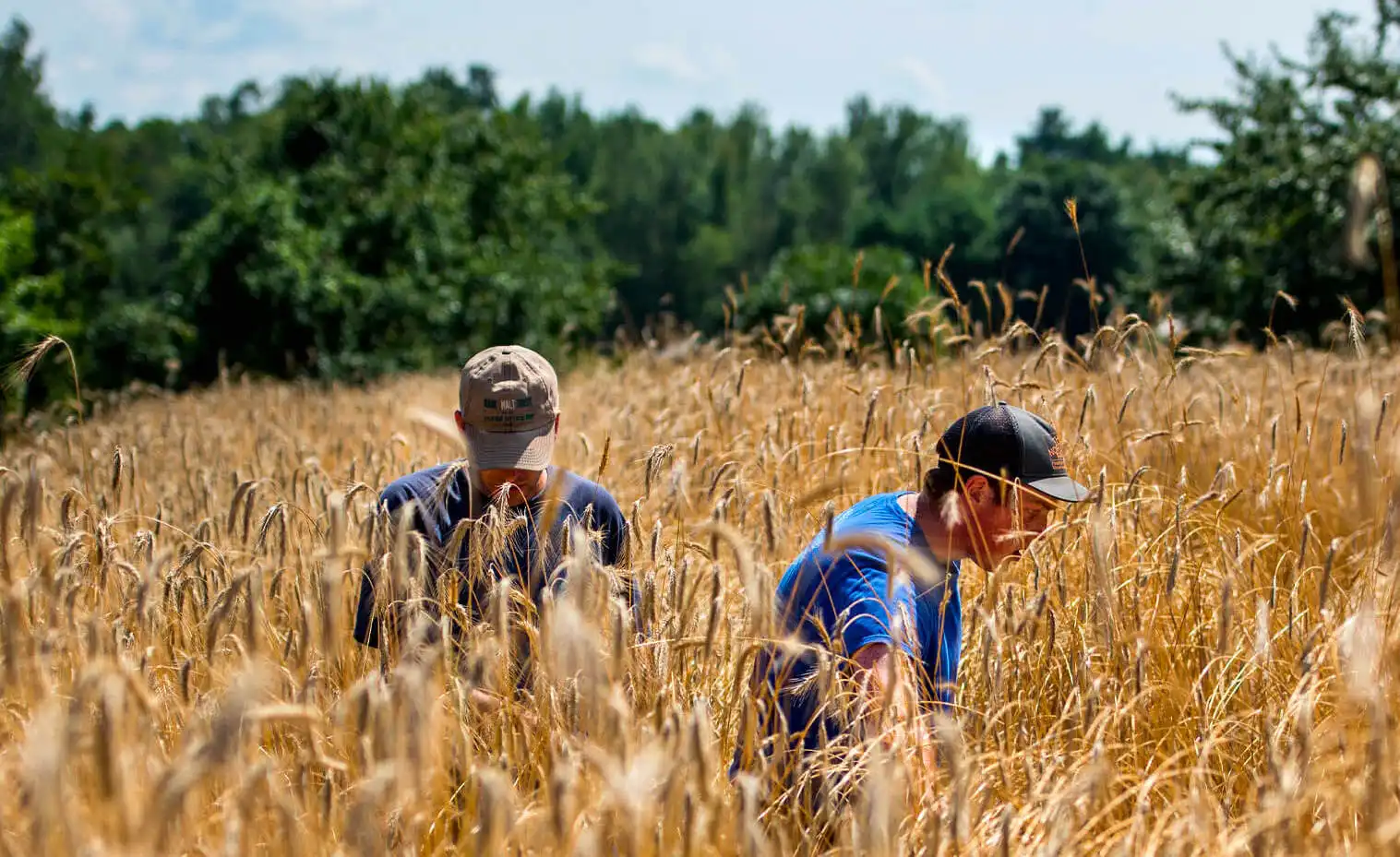


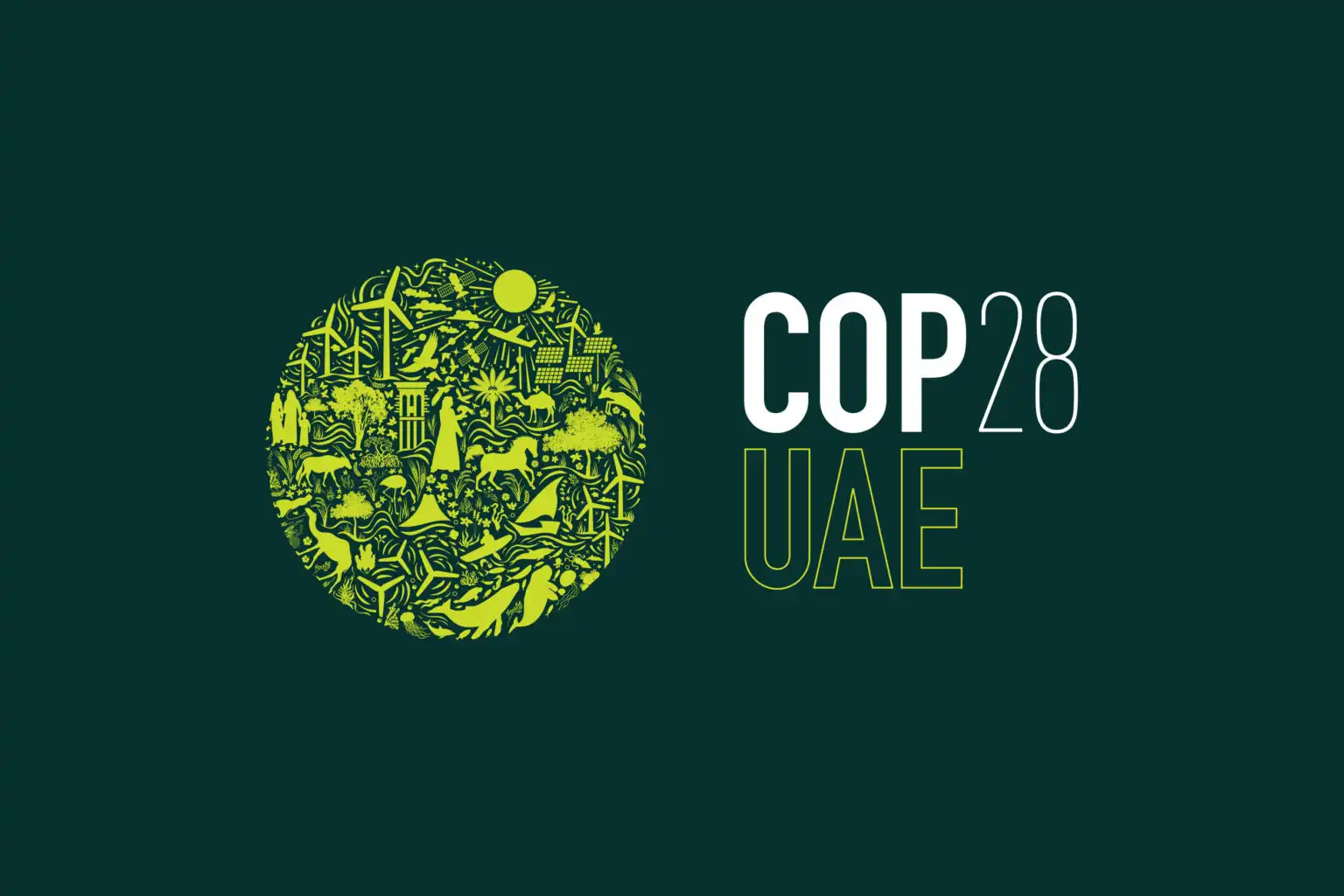
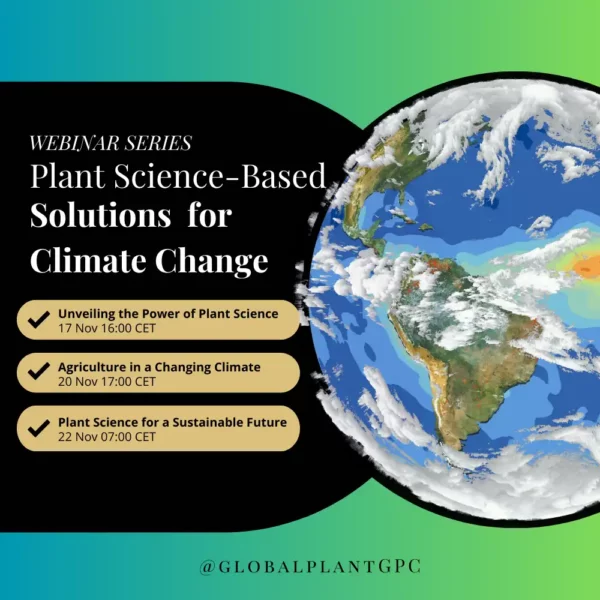
The Global Plant Council, member of the global initiative “AIM for Climate“, invites you to join us for an the third webinar of the “Plant Science-Based Solutions for Climate Change” webinar series. This 3rd installment, featuring: Mark Tester (KAUST) and Rob Allen (CSIRO).
Mark Tester’s research delves into the intricate molecular processes that enable plants to thrive in less-than-ideal conditions. He is also a pioneer in the development of genetically modified plants exploring innovative solutions to enhance crop resilience in the face of climate change.
Rob Allen’s work is equally groundbreaking, as he focuses on engineering crop plants to autonomously fix their own nitrogen. This innovative approach could significantly reduce our dependence on synthetic fertilizers, addressing associated environmental concerns related to their production and use.
Don’t miss this opportunity to gain valuable insights from these speakers. Register now to secure your spot and be part of the conversation that is driving sustainable solutions to combat climate change.
Speakers: Mark Tester (KAUST) and Rob Allen (CSIRO)
Moderator: Isabel Mendoza (Global Plant Council)
To register: https://us02web.zoom.us/webinar/register/WN_gM9bumJWR9Gv3JSUuS2miw

The Global Plant Council, member of the global initiative “AIM for Climate“, invites you to join us for an the second webinar of the “Plant Science-Based Solutions for Climate Change” webinar series. This second installment, featuring: Lisa Ainsworth (University of Illinois in Urbana-Champaign) and Amanda Cavanagh (University of Essex).
Lisa Ainsworth will delve into the crucial research surrounding the effects of increasing carbon dioxide and ground-level ozone on crop production. Her insights offer valuable perspectives on how to mitigate climate change’s impact on agriculture.
Amanda Cavanagh’s work is equally impactful, focusing on the biochemical limitations of photosynthesis, the regulation of photorespiration and photosynthesis during abiotic stress, natural variations in carbon assimilation, and innovative approaches to enhance photosynthesis and increase crop yield.
Don’t miss this opportunity to gain valuable knowledge. Register now to secure your spot and be a part of the conversation that can shape a more sustainable future.
Speakers: Lisa Ainsworth (University of Illinois in Urbana-Champaign) and Amanda Cavanagh (University of Essex)
Moderators: Liana Acevedo-Siaca (Michigan State University) and Isabel Mendoza (Global Plant Council)
To register: https://us02web.zoom.us/webinar/register/WN_iOqBo1xCQX-lJMtsGN5Yww

The Global Plant Council, member of the global initiative “AIM for Climate“, invites you to join us for an the first webinar of the “Plant Science-Based Solutions for Climate Change” webinar series. This first installment, featuring: Claudia Stange (Universidad de Chile) and Rodrigo Gutierrez (P. Universidad Católica de Chile).
Dr Stange’s research is focused on the genetic improvement of plants to combat the effects of the climate crisis, offering innovative strategies to adapt and thrive in changing environments. Meanwhile, Dr Gutierrez will share his projects in the challenging Atacama Desert, showcasing nature’s resilience and the power of sustainable plant science.
Register now to secure your spot and be part of the conversation that can help shape a greener future.
Speakers: (Universidad de Chile) and Rodrigo Gutierrez (P. Universidad Católica de Chile).
Moderators: Liana Acevedo-Siaca (Michigan State University) and Isabel Mendoza (Global Plant Council)
To register: https://us02web.zoom.us/webinar/register/WN_FVMKFLWPQTK_hRsR1kfR7A
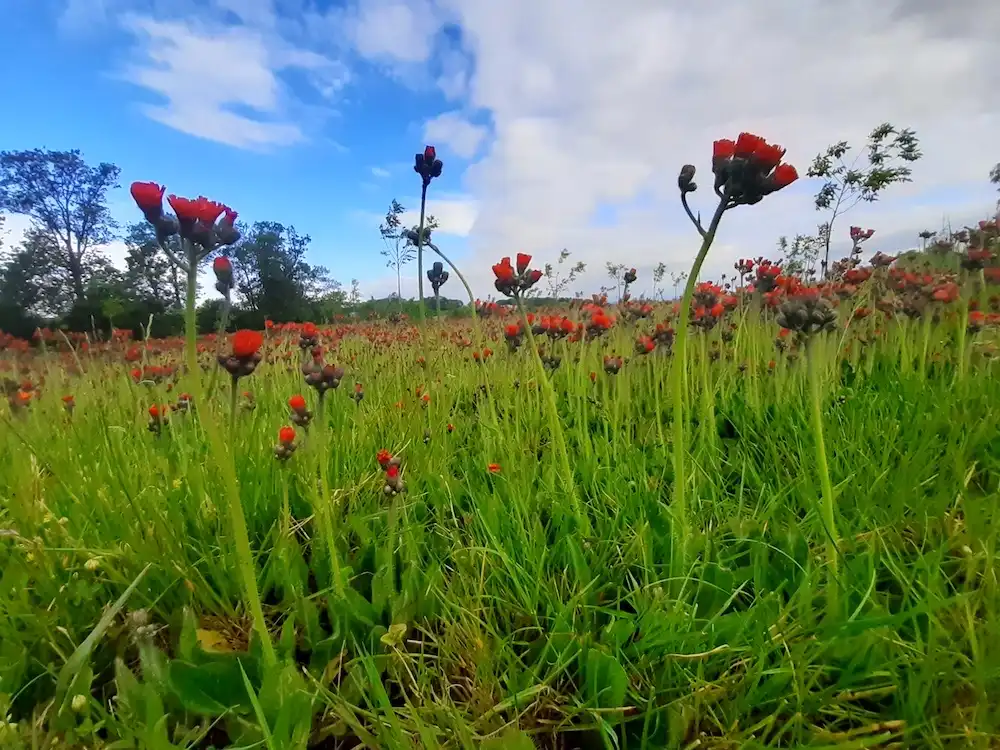
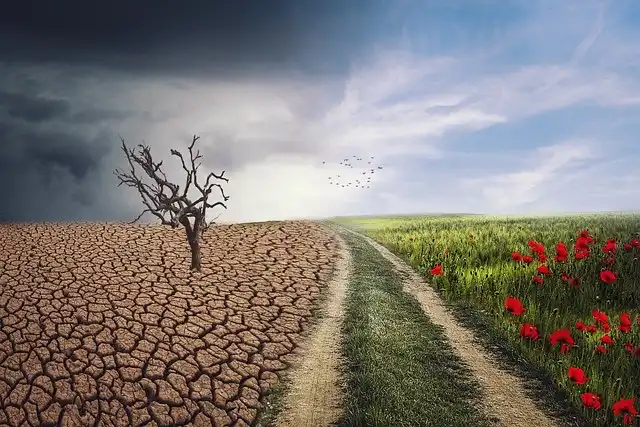
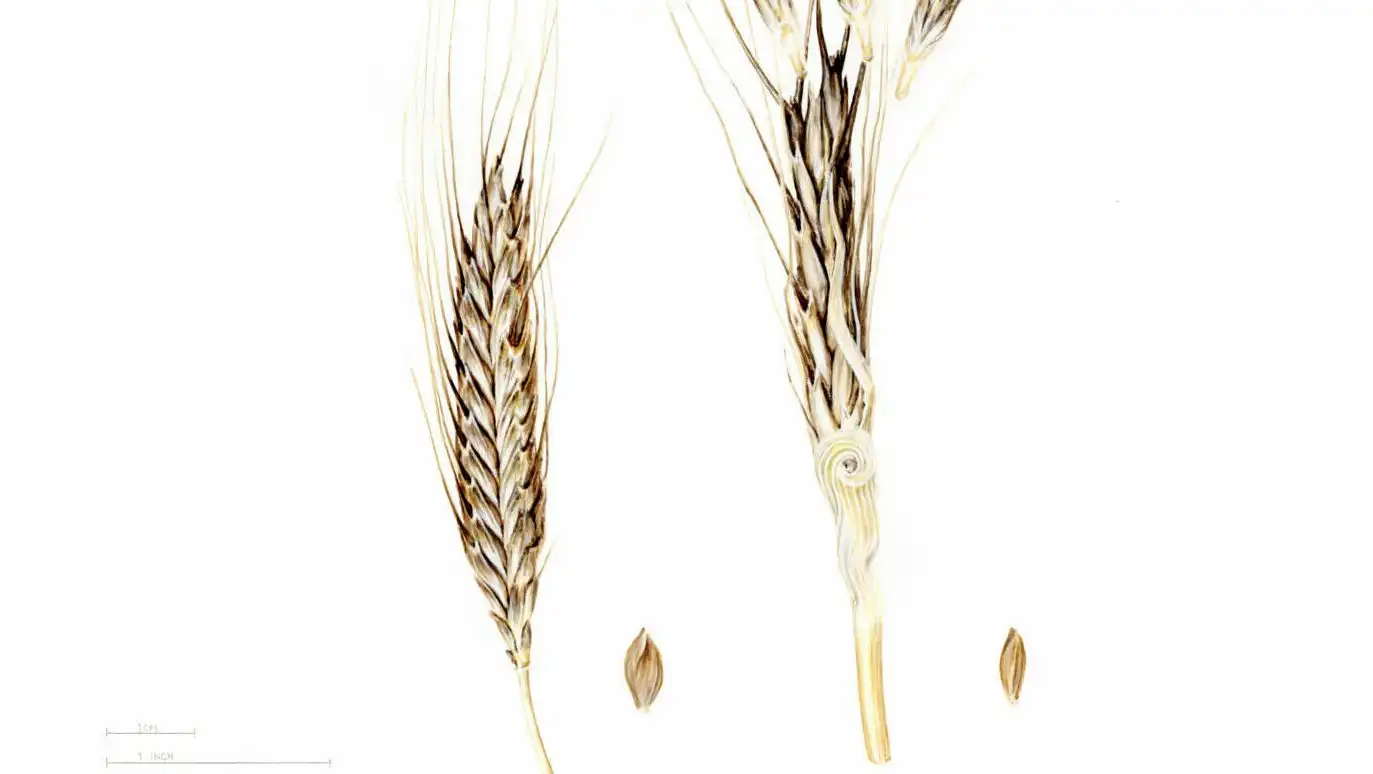
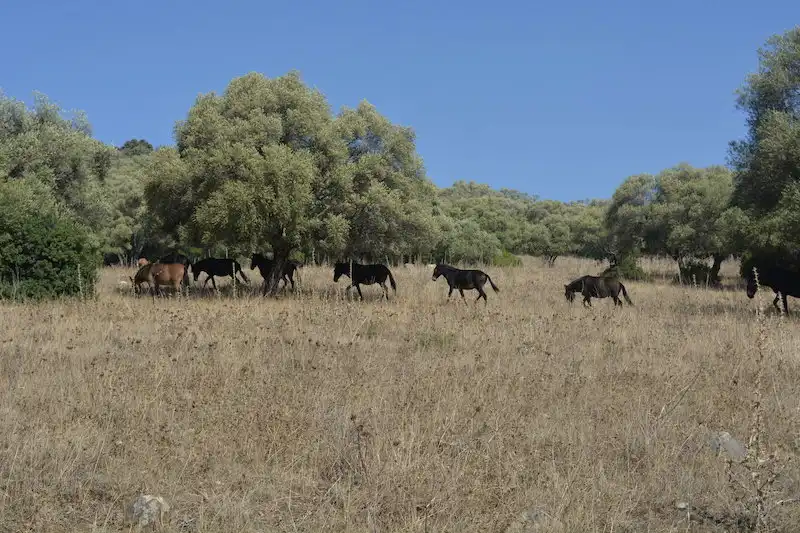
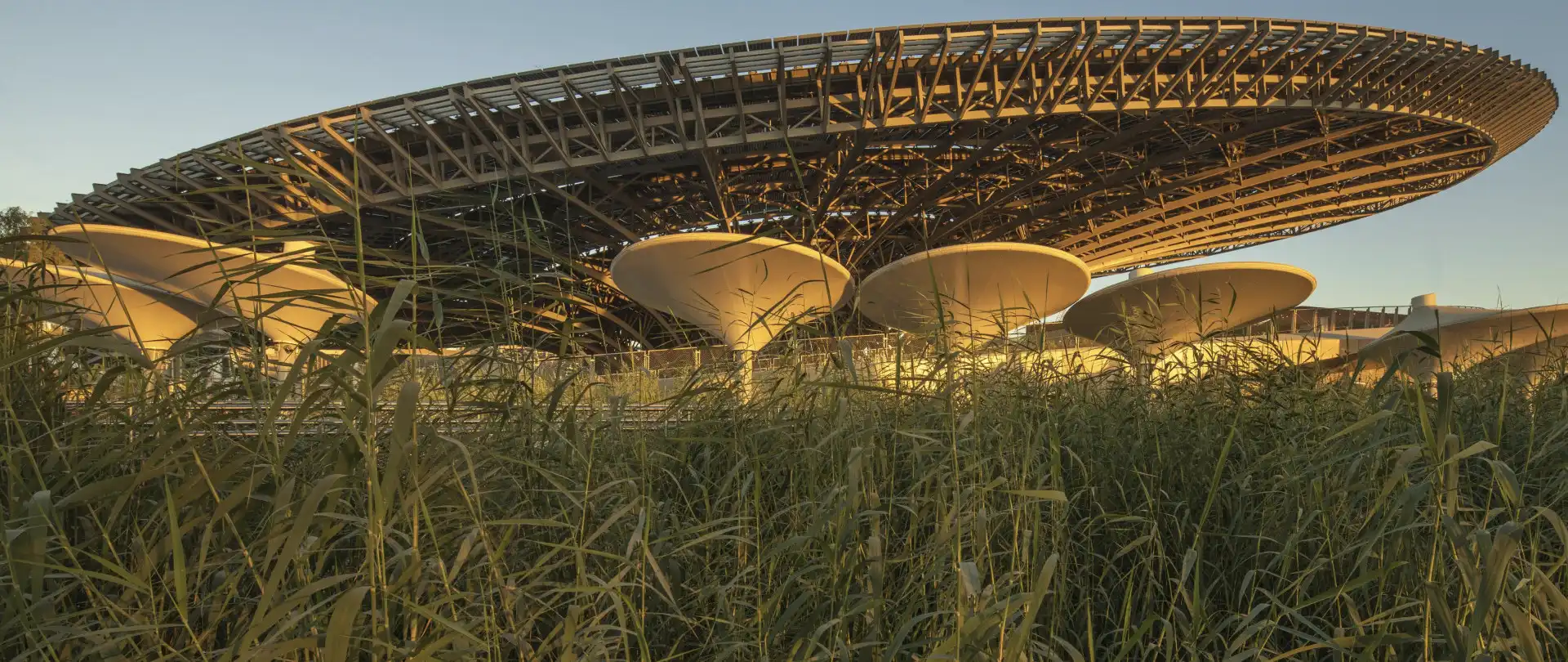
COP 28 will take place from 30 November until 12 December 2023.
Advance logistical information is contained in the Information for Participants section. Also please consult the notifications to Parties and Observers page regularly for advance official communications to participants.
All info: https://unfccc.int/cop28